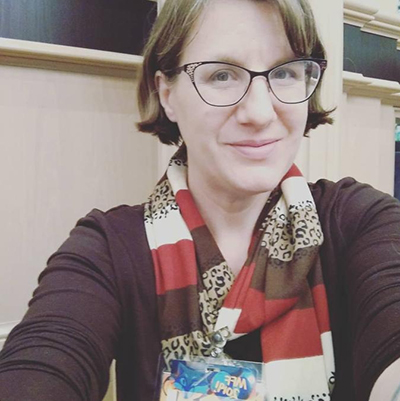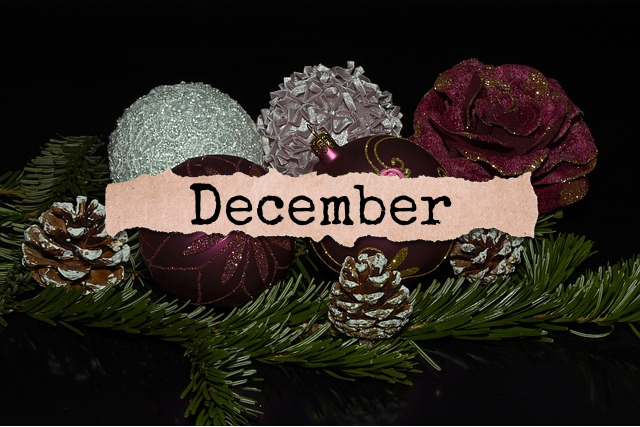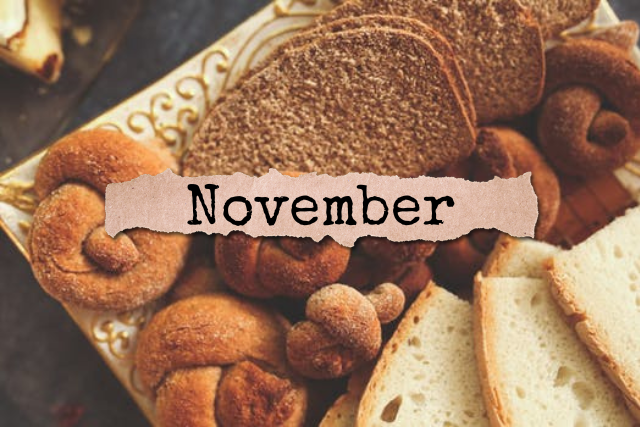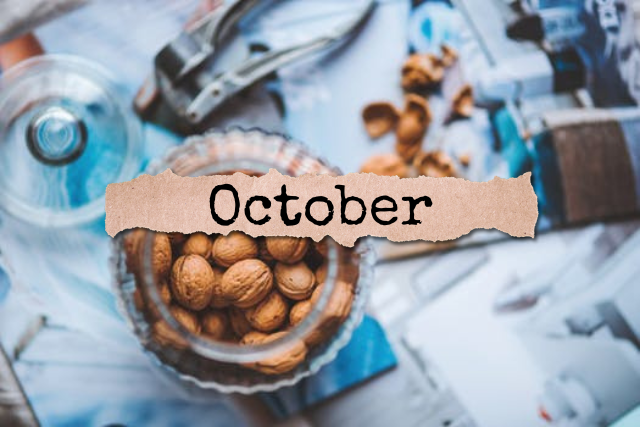Genealogy Resources
Over the years, I have relied upon the same resources time and again. Most of my research is centered on New England and Nova Scotia, and these resources reflect that. They are the most useful in my research and I return to the websites week after week:
Family Search – this is my go-to for general genealogy. This free LDS-funded site is for searching family trees, censuses, various records (vital, land, court, and more), as well as sharing photos and stories. I especially want to direct you to their Catalog Search, as many of their most valuable collections are not indexed. This has been a fantastic resources for Italian records for me! You can also give back by volunteering on transcription projects.
The New England Historic Genealogical Society (American Ancestors) – this is the oldest genealogical organization in the U.S. and my personal favorite, with extensive holdings both in their library and online. For anyone with predominantly New England ancestry, the $94.95 annual Research Membership is well worth it. I like to support them at the $150.00 Friend Membership level, because that includes additional benefits. They also have records from around the U.S. and Canada, as well as many other countries. Their manuscript collection is fantastic, if you get the chance to visit their library.
Nova Scotia Historical Vital Statistics – a free searchable database of births, deaths, and marriages in Nova Scotia. Absolutely recommended for anyone with ancestors or family in the province. There are some gaps in the years vital statistics were recorded, but you will not find a more comprehensive online resource for Nova Scotia vital records.
Provincial Archives of New Brunswick – this fantastic resource includes land records, vital records, newspaper statistics, and much more. This is my first stop when researching families from New Brunswick. The newspaper index is especially wonderful.
Library and Archives of Canada – known for the widest variety of microfilm and digital holdings for all of Canada, it can take time to learn your way around the site, but it’s well worth the effort! You can find Canadian Censuses, province-specific censuses and directories, and much more here.
I’ve also compiled a list of DNA Projects for Mayflower Descendants. Who knows – maybe someday the enduring mystery of Myles Standish’s parents will be solved, thanks to DNA!
Genealogy Podcasts
Research Like a Pro – my favorite podcast, in which Diana Elder and Nicole Dyer discuss family history, research methodology, planning, source citations, and so much more. Highly recommended!
Extreme Genes – a fun podcast hosted by Scott Fisher and with great guests sharing stories and helpful ideas for your family history research! David Allen Lambert of the New England Historic Genealogical Society shares interesting family history news on every episode.
The Genealogy Guys – George G. Morgan and Drew Smith give monthly updates on various databases, events, and news. They also interview a different genealogist every month on their Genealogy Connection podcast.
Generations Cafe – a deeper dive into genealogical research, ethical and social aspects, and more by Amy Johnson Crow. She’s covers a variety of topics from records, preservation, DNA, and more.
Genealogy Forms
Most of these forms you will need to start or work on your family history are available at Family Tree Magazine or via a Google search.
The Pedigree Chart is the place most family historians begin. Using yourself as a starting point, these charts allow you to go back a few generations, recording names and dates, and places of birth, marriage, and death. It doesn’t go in depth. Instead, it gives an overview of yourself (or the ancestor listed on the first line), parents, grandparents, and so on.
Some people make extensive use of Family Group Sheets to focus on a specific set of parents and their children. This isn’t a form I use much, but it can be handy if I need to utilize lateral/sideways research techniques.
A Correspondence Log can be handy for tracking emails and letters you write in your search for information.
Various other forms that are useful as you delve deeper into researching your family history include the Research Worksheet, Research Calendar, Research Journal, and Research Checklist, all of which are available at the link to the Family Tree Magazine website.
Genealogy Books
If you’re a voracious reader or learn best by reading (like me, in both respects), books might be your best resource for learning about genealogy. My personal library at home includes many of the Mayflower Silver Books and In-Progress Pink Books, other New England family histories, and a few “how-to” favorites. The how-to books that I highly recommend are:
The Family Tree Guide to DNA Testing and Genetic Genealogy by Blaine Bettinger – if you want to use DNA as a tool in your genealogical research, this book breaks it down with easy to understand language and guidance. I also have Genetic Genealogy in Practice by Blaine Bettinger and Debbie Parker Wayne, but I recommend reading that second and if you want to dig even deeper into the world of DNA.
The Genealogy Do-Over Workbook by Thomas MacEntee – the further we get along in our genealogy, the more problems we often find! Sometimes it’s nice to step back and start from the beginning. This book gives you step by step instructions to do just that.
Guide to Finding a Loyalist Ancestor in Upper Canada (Ontario) by Lorine McGinnis Schulze – this book explains the various record sets available for tracing your Loyalist ancestors in one of the least talked-about areas in Canada. Most books focus on Nova Scotia and New Brunswick, but not every Loyalist settled in the maritimes.
The Family Tree Italian Genealogy Guide by Melanie D. Holtz
The Family Tree Irish Genealogy Guide by Claire Santry
The Family Tree German Genealogy Guide and Trace Your German Roots Online by James M. Beidler
Researching any foreign country can be scary, but all of the Family Tree Books help you better understand the country your ancestors came from and how to find records there. They put genealogy in context with the history of the country, so you can learn how various changes to borders or divisions might affect records, among other things. These books also explain when record-keeping began, on which levels (i.e. parish, town, county/region, national), and how to find the records you’re looking for on your ancestors.
*None of these are affiliate links. I use Amazon, because it's convenient, but you can find these books anywhere.*






